BLOG
From Lab Bench to Leadership: The Journey from Academia to Entrepreneurship
By Endeavor Greece
May 20, 2025
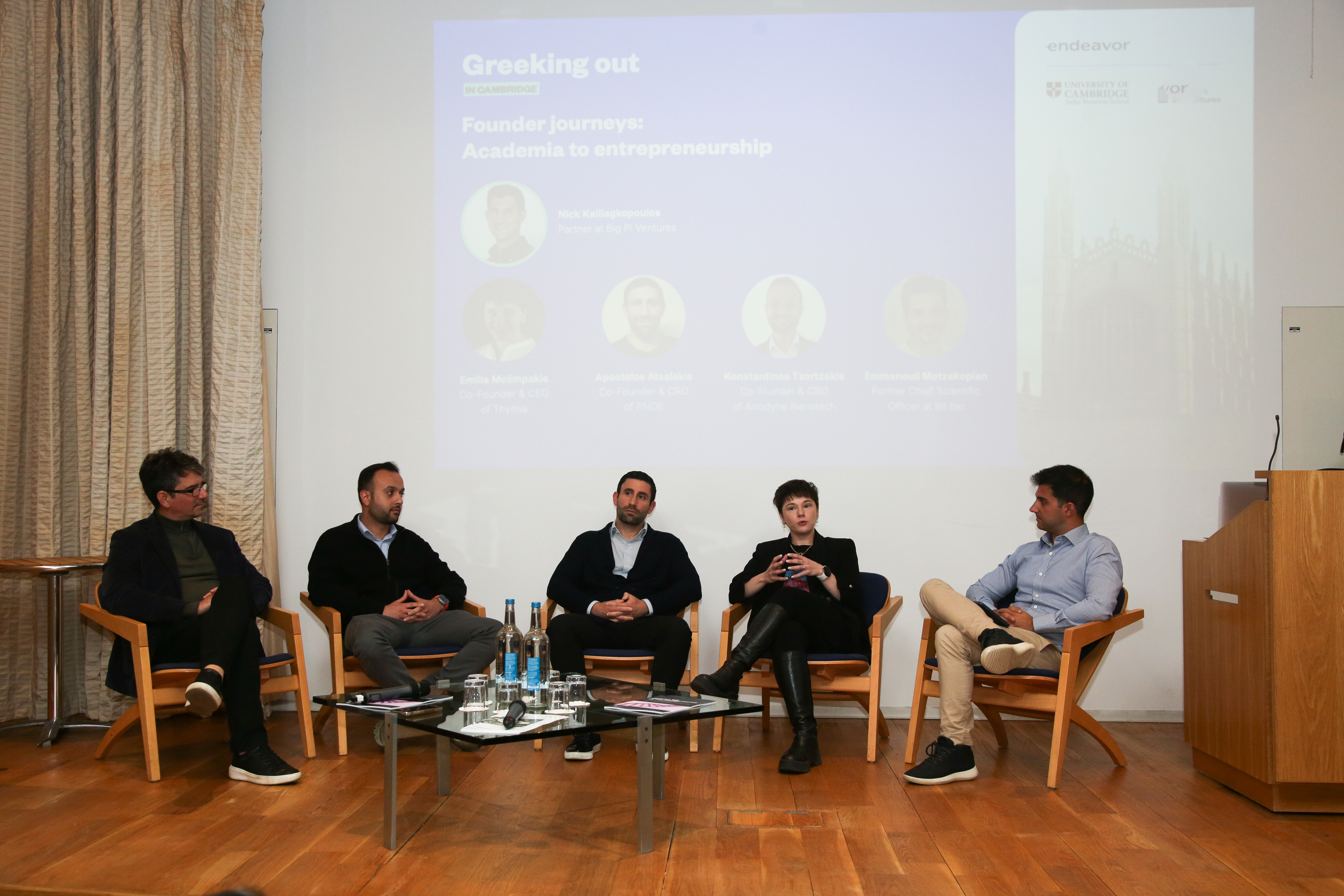
At our first Greeking Out in Cambridge, co-hosted by Cambridge Judge Business School, Big Pi Ventures, and Endeavor Greece, one of the most engaging conversations of the evening came from a panel that explored the leap from academic research to entrepreneurial action.
Moderated by Nick Kalliagkopoulos (Big Pi Ventures), the panel featured four founders with deep scientific backgrounds who are now building breakthrough companies in healthtech, biotech, and diagnostics:
Emilia Molimpakis, Co-founder & CEO of Thymia
Apostolos Atsalakis, Co-founder & CRO of PNOĒ
Konstantinos Tzortzakis, Co-founder & CBO of Anodyne Nanotech
Emmanouil Metzakopian, former CSO of bit.bio
When Staying in the Lab Isn’t Enough
Emilia Molimpakis, co-founder & CEO of Thymia, opened the discussion with a deeply personal story. After years of studying how speech patterns reveal cognitive health, it was a friend’s near-death experience with depression that drove her to leave academia and act. “I realized that if people like me didn’t leave research to build something usable, these insights would stay in papers, and never help real people.” That realization led to Thymia: a platform that now uses just seconds of voice data to assess mental health, offering early signals of burnout, stress, or depression to clinicians, companies, and even automotive systems.
Where Emilia focused on mental wellness, Apostolos Atsalakis of PNOĒ shared how his company grew from a technical breath analysis tool into a widely-used metabolic health platform. He reflected on the early complexity of the product, and the importance of focusing not just on scientific accuracy, but clarity of value. “Hardware is hard,” he noted, “but what people want isn’t data. It’s guidance. It’s actionable insight they can use today.” That mindset helped PNOĒ find its market fit, especially in the U.S., where the majority of its customers now reside, all while keeping core operations in Greece.
From Platform Potential to First-Product Focus
The conversation then moved from diagnostics to drug delivery, as Konstantinos Tzortzakis, co-founder of Anodyne Nanotech, spoke about the challenges of building a platform company in biotech. Anodyne replaces injections with ultra-thin, wearable patches, aiming to revolutionize how complex drugs - like GLP-1s used in obesity treatment - are delivered. “You can’t afford to chase every use case at once,” he said. “You prove one product works. Then you build the future.” The startup, which spun out of Tufts, now operates between Boston and Greece, preparing for clinical trials that could change how patients experience treatment.
Adding a later-stage perspective, Emmanouil Metzakopian reflected on his journey as former CSO at bit.bio, a synthetic biology company that raised over $100M and developed dozens of cell-based products. With both the scientific and operational scale in mind, he emphasized the pressure, and opportunity, of leading deep-tech companies. “When you raise big, the expectation is speed. But speed without focus burns teams out. You need to be ruthless in prioritizing where science meets the market.”
As different as their fields were, the panelists shared similar advice for researchers looking to build: start small, surround yourself with people who’ve done it before, and don’t underestimate how different the startup mindset is from academic work.
For Emilia, it meant learning how to translate clinical credibility into product decisions. For Apostolos, it was about growing a team in Greece with limited startup exposure but great potential. Konstantinos stressed the importance of not overengineering your first product. And Emmanouil reminded everyone that startup life, especially in biotech, is a marathon, not a sprint: “Spend time in a startup first. Get the rhythm of it. Academia teaches you to go deep, but startups require you to move fast and cut complexity.”
Key Takeaways
So what does it take to go from academia to startup founder?
Start small, learn fast: Understand how startups really work before launching your own.
Find great mentors: Experienced guidance can save years of missteps.
Make your first product count: One well-executed use case builds long-term credibility.
Invest in talent early: Greece has strong talent, but startup experience must be grown.
Stay grounded in purpose: All four founders left research because they believed their work deserved real-world impact.
People Involved :

Emilia Molimpakis
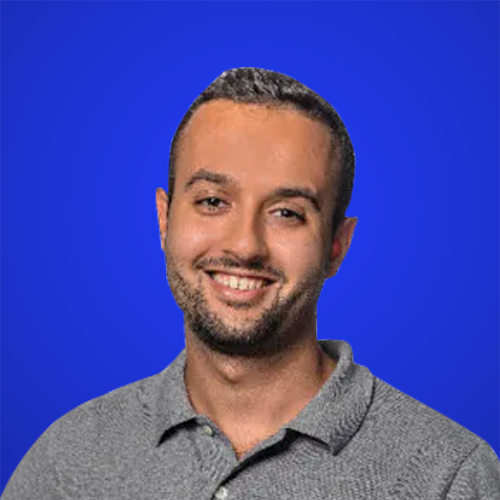
Konstantinos Tzortzakis
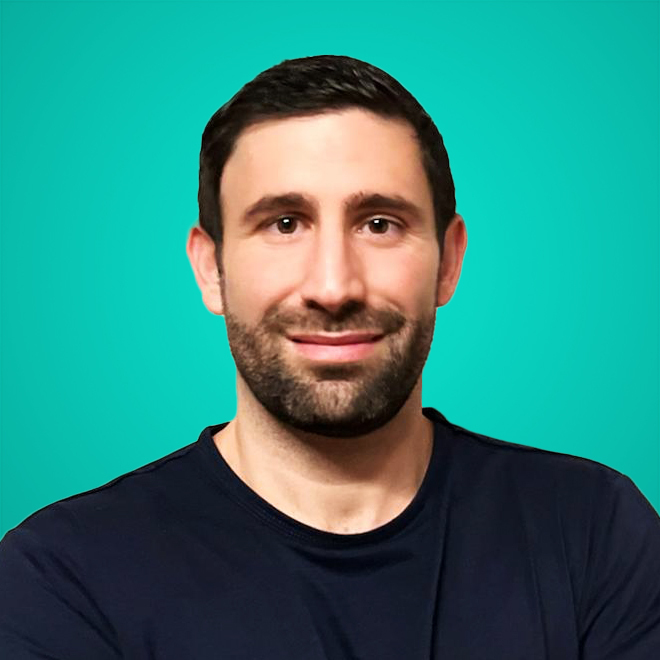
Apostolos Atsalakis
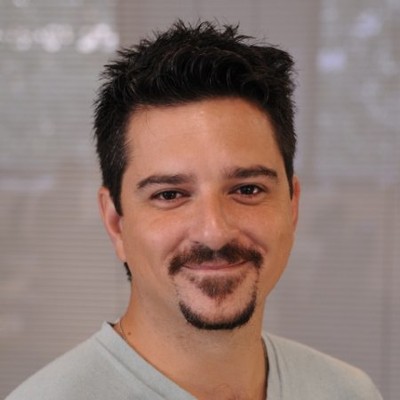
Emmanouil Metzakopian
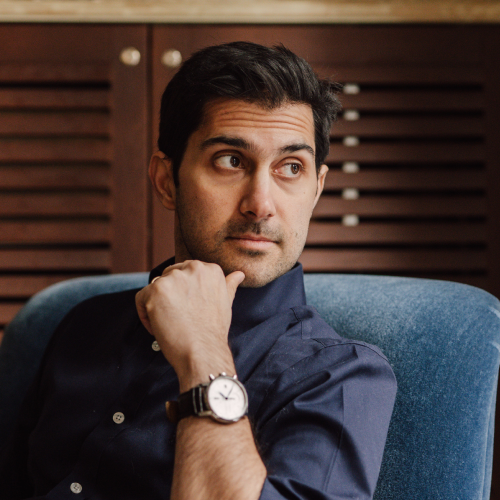
Nick Kalliagkopoulos
Companies Mentioned :

Thymia
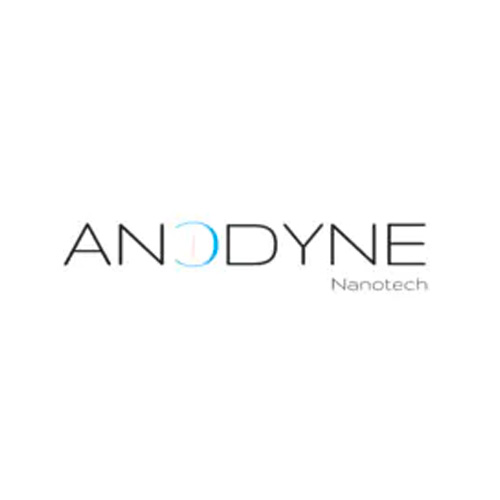
Anodyne Nanotech
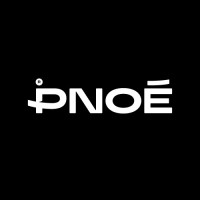
PNOE